Alright everyone, it's time to pontificate the power of protein powder! As with every other post in my supplement series, I will start out by saying that taking supplements is not necessary in most cases. There are no magic pills, and you have to put forth effort. I know you're tired of hearing me say that, but given the nature of the supplement series, I don't want anyone to get the impression that supplements are vital to your success. You can read more about this here. Also, in case you missed my post about fish oil, you can read that here.
Before jumping into the minor detail of protein powder, it's important to discuss what protein actually is as a whole. Protein is an essential macronutrient, or macro. There are three macronutrients and they are dietary fat, carbohydrates, and protein. Fats and proteins are essential macronutrients and carbohydrates are nonessential macronutrients. I know what you are thinking, so don't read too much into that. That is a topic for another post (or vlog or both).
So now that you know what protein is, you should know that protein powder is just a source of protein (in case you couldn't tell by the fact that protein is in the name). So if protein powder is just another way to get protein, should you take it? Well, no, you definitely do not have to take it, however, it is certainly very convenient. I'll use myself as an example. I take in 230g of protein per day. Sometimes, when I'm busy, it's hard to get that much protein in by actually eating food. It's a lot easier if I can just take a protein shake with me and down it in five seconds. One great application is drinking protein post-workout. If you train fasted (meaning, you train while having not eaten for a significant amount of time) then you are going to need some protein ASAP after you train and it's not very realistic to carry some chicken around in your gym bag. You can however, take a shake with you to the gym very easily.
When I planned this post, I had originally planned on going into a lot of detail and discussing things like nitrogen balance, bioavailability, etc. but as I started typing, I decided this post should really be geared more towards beginners. With that said, I am splitting this into two posts and will get down to the nitty gritty in the next one. I will end this post with some general protein recommendations.
Protein intake:
- General Population: The DRI (Dietary Reference Intake) is 0.8 grams of protein per kilogram of body weight, or 0.36 grams per pound of body weight. I will say that this is too low. More and more studies are showing the importance of protein and I suspect the DRI will come up in the future because of this. My personal suggestion would be not to go below 1.1 gram per kilogram of body weight or 0.5 grams per pound of body weight.
- Weight Training with hypertrophy (muscle growth) goals: 1g/pound of body weight (2.2g/kg body weight)
- Note: If you plan to be in a caloric deficit (diet), bump protein up by ~10% so that you spare as much muscle as possible during the diet.
If you would like to help out the blog, I have provided amazon affiliate links below to a couple of brands of protein that I personally use. For the record, my favorite flavor is Optimum Nutrition's banana cream protein.
Optimum Nutrition 100% Gold Standard Whey
As always, thanks for reading! Feel free to like this post and share on social media. Drop a comment if you have any questions. God Bless!





